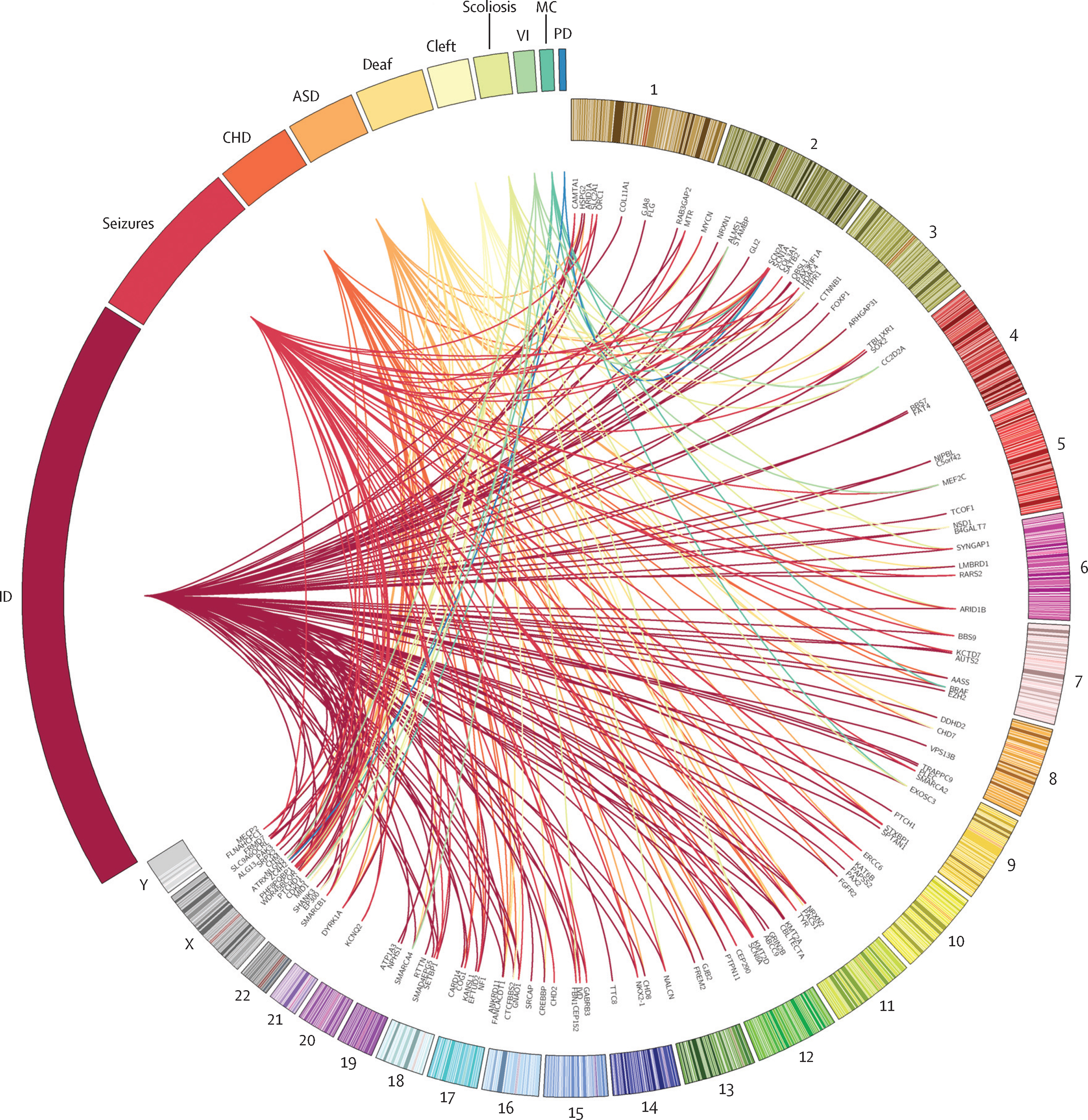Elsevier, World Development, Volume 68, April 01, 2015
As the post-MDG era approaches in 2016, reducing child undernutrition is gaining high priority on the international development agenda, both as a maker and marker of development. Revisiting Smith and Haddad (2000), we use data from 1970 to 2012 for 116 countries, finding that safe water access, sanitation, women's education, gender equality, and the quantity and quality of food available in countries have been key drivers of past reductions in stunting. Income growth and governance played essential facilitating roles.
Elsevier, The Lancet, Volume 385, 18 April 2015
In this Series paper, we review evidence for interventions to reduce the prevalence and incidence of violence against women and girls. Our reviewed studies cover a broad range of intervention models, and many forms of violence - ie, intimate partner violence, non-partner sexual assault, female genital mutilation, and child marriage. Evidence is highly skewed towards that from studies from high-income countries, with these evaluations mainly focusing on responses to violence.
Elsevier, The Lancet, Volume 385, 18 April 2015
Health systems have a crucial role in a multisector response to violence against women. Some countries have guidelines or protocols articulating this role and health-care workers are trained in some settings, but generally system development and implementation have been slow to progress. Substantial system and behavioural barriers exist, especially in low-income and middle-income countries.
Elsevier, Social Science and Medicine, Volume 128, March 01, 2015
There is a very large literature examining income inequality in relation to health. Early reviews came to different interpretations of the evidence, though a large majority of studies reported that health tended to be worse in more unequal societies. More recent studies, not included in those reviews, provide substantial new evidence. Our purpose in this paper is to assess whether or not wider income differences play a causal role leading to worse health.
Elsevier, Social Science and Medicine, Volume 129, March 01, 2015
Scientists in the Netherlands are cultivating edible insects to address concerns of international food security. Committed to the One World, One Health (OWOH) movement, their research aims to create a safe and effective global solution to the conjoined problems of climate change and an increasing worldwide demand for protein. Their preliminary work is promising, as it suggests that when compared to other sources of meat, insects can be an efficient, safe, and low-impact source of nutrients. Additionally, in many sites with endemic malnutrition, people find insects tasty.
Elsevier, Journal of Adolescent Health, Volume 56, 1 March 2015
Purpose Transgender youth represent a vulnerable population at risk for negative mental health outcomes including depression, anxiety, self-harm, and suicidality. Limited data exist to compare the mental health of transgender adolescents and emerging adults to cisgender youth accessing community-based clinical services; the present study aimed to fill this gap. Methods A retrospective cohort study of electronic health record data from 180 transgender patients aged 12-29 years seen between 2002 and 2011 at a Boston-based community health center was performed.
Elsevier, Journal of Adolescent Health, Volume 56, 1 March 2015
Purpose The mental health and victimization of lesbian, gay, bisexual, transgender, and questioning (LGBTQ) youth have garnered media attention with the "It Gets Better Project." Despite this popular interest, there is an absence of empirical evidence evaluating a possible developmental trajectory in LGBTQ distress and the factors that might influence distress over time.
Elsevier,
International Journal of Educational Development, Volume 41, 1 March 2015
This article ties to SDG 3 & 4. This article explores the role of schools in supporting unaccompanied young refugees in critical psychosocial transitions concerning processes of socialisation, integration and rehabilitation upon resettlement.


